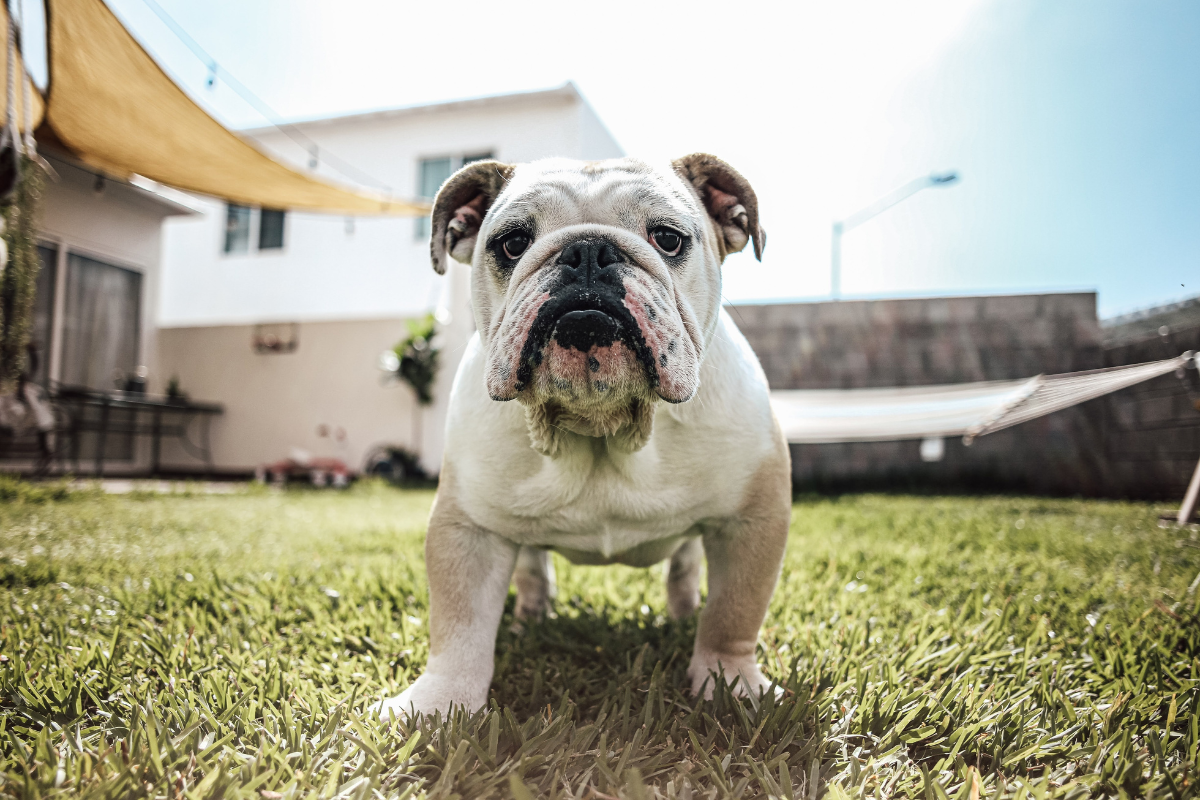by Priscilla Feral, President of FoA
October is Adopt a Shelter Dog Month. And while I advocate for “adopt, don’t shop,” I am compelled to remind people that adding a dog to your family is a huge commitment and one that shouldn’t be taken lightly. You need to plan your life around your dog, just as you would a human child.
Last week I read an alarming social media announcement from my favorite bulldog rescue group that revealed 16 dogs had been surrendered in three days—mostly because owners said they didn’t have money to pay vet bills.
That news is both staggering and the tip of the iceberg; rescue groups around the nation are experiencing an influx of pets being surrendered as owners emerge from a pandemic. The glut of dogs adopted from shelters or purchased from breeders when people were in lockdown have lifelong needs—veterinary care, food, exercise, love—and they should have been taken into consideration beforehand.
After all, people don’t turn their human children into adoption agencies when their schedules change, a naughty behavior emerges, or costs rise. I’m reminded that there’s more assistance for children with meal plans and food stamps than for dogs.
However, if pet owners are not totally void of financial reserves, they can certainly make lifestyle changes such as forgoing dining out, mocha Frappuccino, alcohol, concert tickets or vacations before ditching a dog because they can’t afford veterinary care.
When folks were squirreled away at home during spring and summer of 2020, adopting a dog or cat from a shelter was considered heroic. One New York public radio host asked me about where to find a dog since they were in such short supply. People sought comfort in canine companionship, a responsibility they obviously weren’t prepared for once their offices and the world re-opened. The dog has become inconvenient.
A Connecticut friend of a rescue group told me it would be a relief if people would adopt a dog, not for selfish reasons, but to meet the interests of the dog. Imagine that. A dog’s interest is to be loved for the rest of their lives, regardless of age. That’s a moral obligation.
Unfortunately, life getting back to normal following a pandemic is not the only reason people surrender dogs. When toddlers arrive, sometimes dogs who were once seen as surrogate children are shown the door as opposed to changing the child’s approach to an animal. I’ve heard every excuse to explain why the once coveted animal is disposable, and the story that begins with, “My boyfriend…” is especially revolting.
My view on surrendering animals to already overwhelmed rescue groups is informed by conversations with those plugged into the rescues. And we all agree: Don’t purchase or adopt a canine family member if you can’t commit to lifetime care.
My adopted dog Papa was the result of a New York couple’s divorce, plus they were unprepared to cover the dog’s eye surgery. Twelve years ago, our black Labrador, Harry, was unceremoniously deposited in the Bridgeport, CT. pound with his four-month-old sister after the owner received both puppies as an unwanted gift. Harry was channeled to a foster home and found his way to me when they heard I loved Labs and had a bulldog who loved large, black dogs.
Truth is, other than finding some cost breaks in spay-neuter surgeries—such as Friends of Animals’ program that’s half the price of regular spay-neuter surgery—vet bills can be expensive and necessary. If you can’t afford routine or unexpected vet care for a cat or dog, you can’t afford to have that animal as a family member.
Before you go to the shelter, sit down and go through monthly expenses and factor pet costs into your budget. If you’re at an office eight hours a day, a daily visit from a dog walker will be necessary, and that cost adds up. Occasional medications need to be factored in, too.
And expect to amend your daily routine.
With a dog needing bathroom breaks, love, feeding and exercise, your schedule is no longer your own. If you can’t guarantee your new dog won’t become a shelter statistic, you shouldn’t own a dog.

